Soon after the meeting of the heads of state of China and the United States ahead of the recent G20 Summit, the two countries' special envoys on climate change held formal consultations on the sidelines of the COP27 United Nations climate change conference.
The consultations, which occurred more than three months after China suspended climate talks with the U.S. to protest U.S. House Speaker Nancy Pelosi's visit to Taiwan in August, were seen by experts as a boon to the world's climate process, as the window to avoid catastrophic damage from global warming is closing fast.
The experts said they look forward to seeing exponential progress in the two sides' coming consultations. These are expected to continue after the 27th Conference of the Parties to the United Nations Framework Convention on Climate Change, or COP27, which concluded on Nov 18, so that the two countries can help galvanize global efforts to cope with the climate crisis, as they did years ago.
While meeting with U.S. President Joe Biden on Nov 14 in Bali, Indonesia, President Xi Jinping said it is in the two countries' interest to promote global recovery from the pandemic, tackle climate change and resolve regional issues through China-U.S. coordination and cooperation.
Biden said the U.S. is committed to keeping the channels of communication open between the two presidents and at all levels of government, in order to strengthen necessary cooperation and play a key role in addressing climate change, food security and other important global challenges.
Following instructions from the heads of state, the special envoys of the two countries met in Sharm El-Sheikh, Egypt, where COP27 was held, to discuss promoting the success of the UN climate gathering, said Xie Zhenhua, China's special envoy for climate change, on Saturday.
The conversations with the U.S. were "very candid, friendly, positive, active and very constructive", he told reporters in Egypt. "Today, we decided through discussions that we will continue formal consultations after the UN conference concluded."
As one of its eight countermeasures in response to the visit of the U.S. House Speaker Nancy Pelosi to Taiwan on Aug 2, China decided to suspend climate talks with the U.S..
Under the administration of Barack Obama, China and U.S. laid the foundations for international support for the landmark 2015 Paris Agreement on climate change. As Obama's vice-president then, Biden witnessed the work done on the agreement. Now, as U.S. president, he has made it clear that climate change will be an urgent priority for his administration.
The meeting between Xi and Biden has ignited a beacon of hope that China and the U.S. will once again inject strong momentum into the global fight against climate change, experts said.
Manish Bapna, president and CEO of the Natural Resources Defense Council, said the meeting of Xi and Biden has sent an "unequivocal" signal from the two largest economies to work together to address the climate crisis.
Such a signal is "more than welcome", he said, "it's essential."
The world needs every country at the table, striving to deliver solutions that curtail the use of fossil fuels and sharply accelerate investment in clean energy, he said.
"The window to hold the global temperature rise to 1.5 degrees (Celsius) and avoid the worst damage from climate change is closing fast," he said. "We urge the world's two major economies to act with speed and conviction to meet the challenge of the moment."
Ani Dasgupta, president and CEO of the World Resources Institute, said the global community is "breathing a sigh of relief" that Biden and Xi are restarting joint efforts to tackle climate change.
Coming back to the table is just the first step required for leadership on climate change from these two super economies, he said in a statement.
Tang Xinhua, an expert from the China Institutes of Contemporary International Relations, said that the resumption of Sino-U.S. climate talks is favorable for Biden's Democratic Party in the lead-up to the 2024 U.S. presidential election.
"Biden has held aloft the banner of tackling climate change. If China even doesn't talk with the U.S. on the issue, that is unfavorable for the Democratic Party," said Tang.










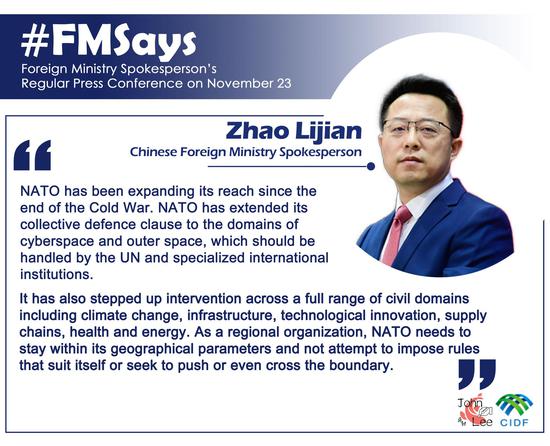
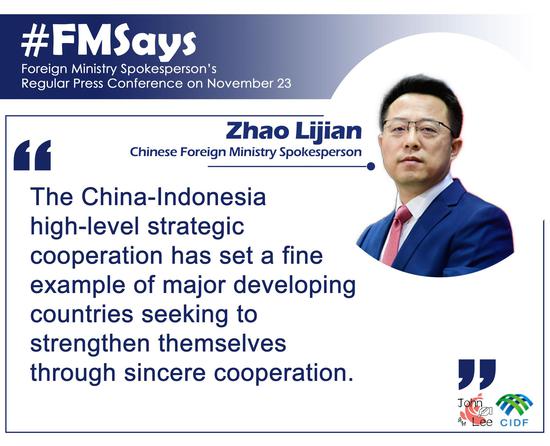




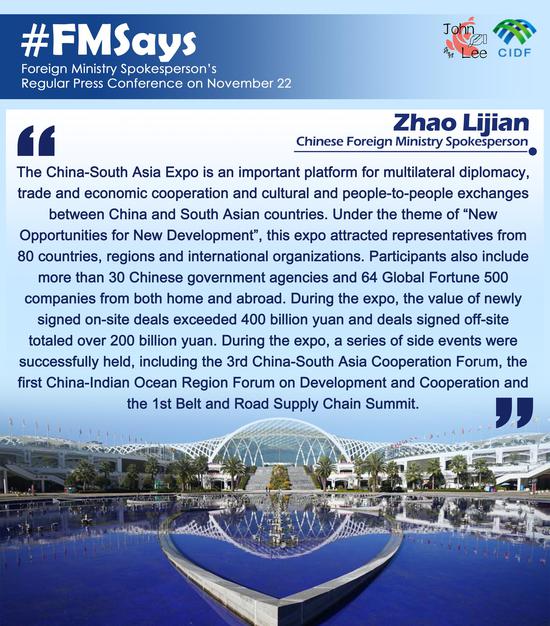
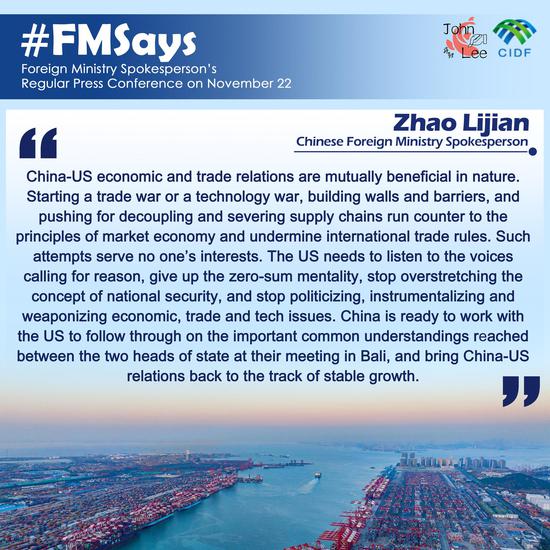
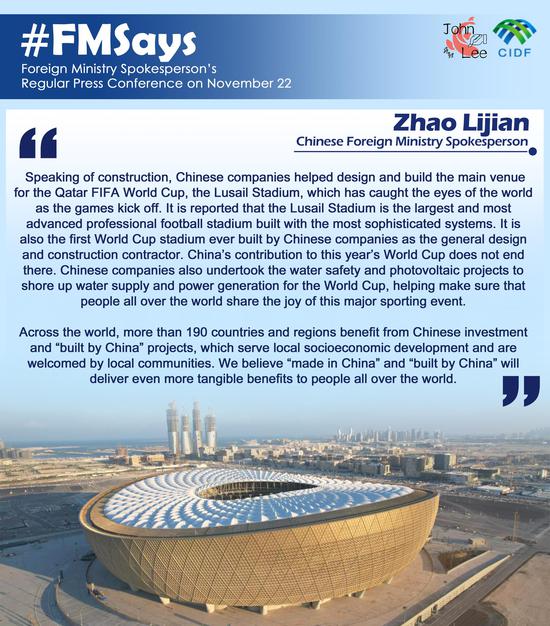
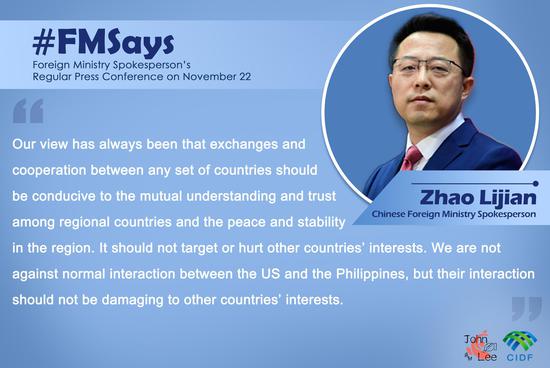


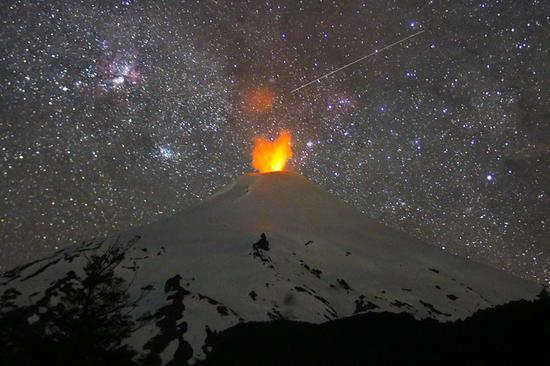
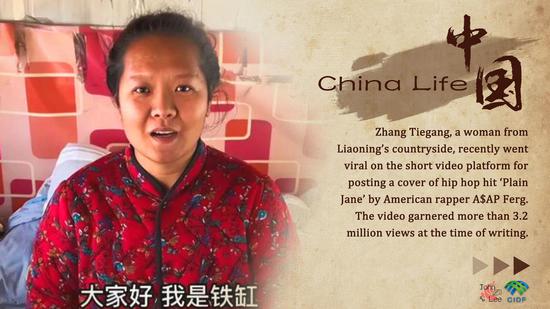






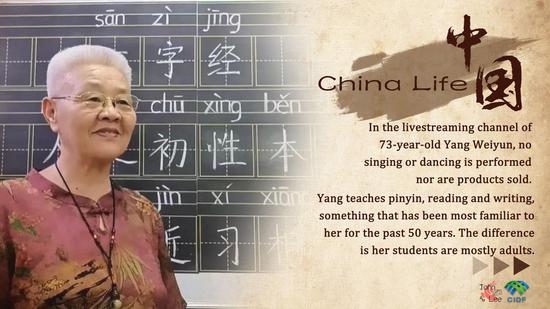

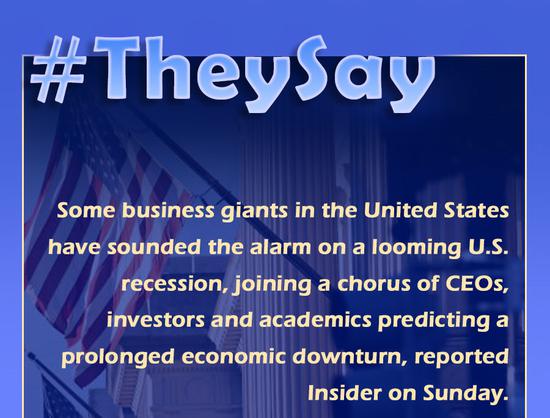


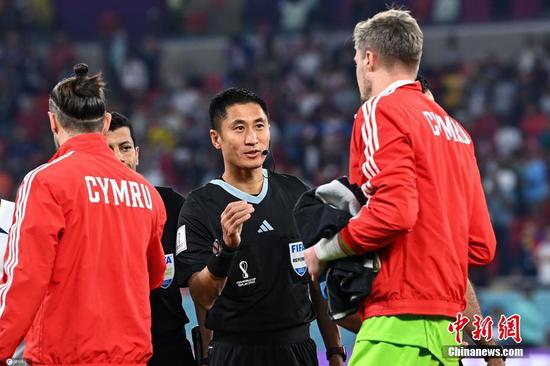


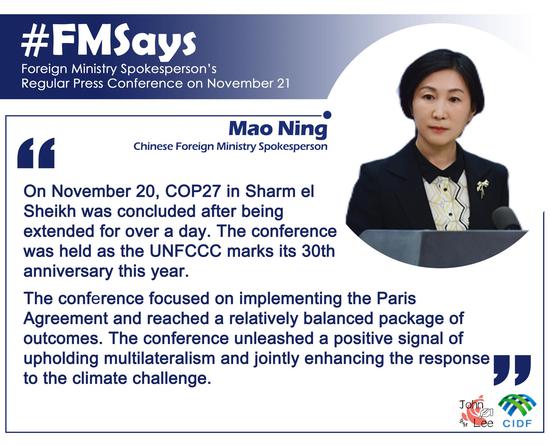


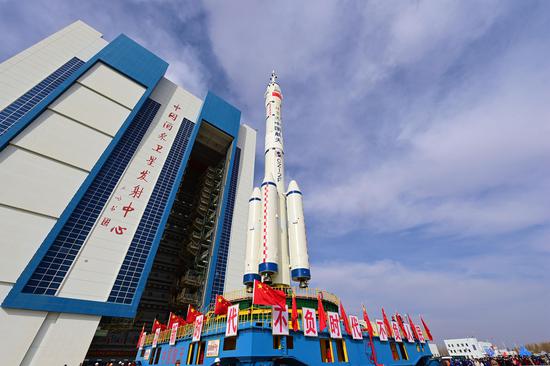








 京公网安备 11010202009201号
京公网安备 11010202009201号